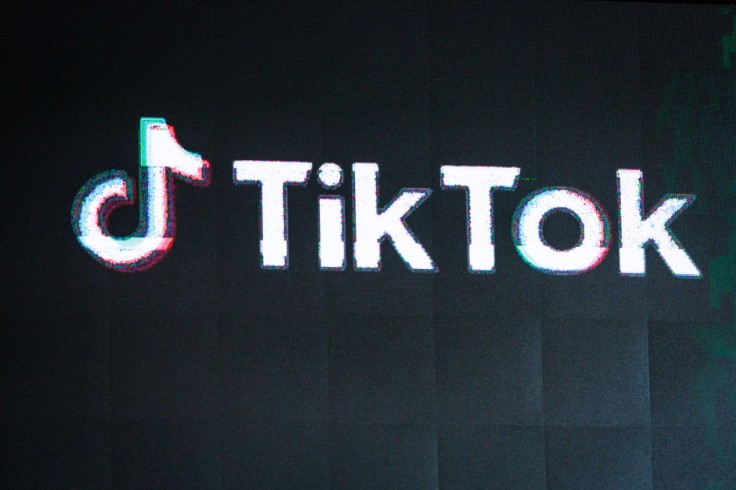
The U.S. appeals court is reviewing whether the short-video social media platform TikTok can be held accountable for the death of a 10-year-old during the Blackout Challenge.
The court is hearing legal arguments regarding the level of responsibility TikTok has when it comes to the video content they are promoting on the platform.
The family believes that TikTok should be held accountable for feeding their 10-year-old child harmful content from the Blackout Challenge, which encourages choking themselves.
US Court, Family of 10-Year-Old Want Accountability From TikTok
The courtroom has become a battleground for opposing viewpoints. Representing the Anderson family, attorney Jeffrey Goodman contends that TikTok's recommendation algorithm, which exposed Nylah to the 'Blackout Challenge', should place some liability on the platform.
Attorney Goodman believes that TikTok is responsible for moderating the content on their platform, especially for their minor users.
On the contrary, Attorney Andrew Pincus, leading TikTok's defense, argues that the social media company is legally protected by Section 230 of the Communications Decency Act of 1996.
Pincus cautions that holding TikTok liable could unsettle the foundational legal protections for digital platforms, potentially leading to a surge of lawsuits.
However, U.S. Circuit Judge Paul Matey counters that argument saying that all could agree that technology like this was not predicted and expected in the mid-1990s. This high-profile case and court appeals are based on the tragic death of a 10-year-old named Nylah Anderson.
Anderson participated in an extremely popular TikTok challenge called the Blackout Challenge, which encourages individuals to choke themselves until they pass out.
During the height of the pandemic, TikTok challenges became trendy. Over the years, multiple field experts have called out some of these trending challenges as dangerous, fatal, and harmful. And Anderson's challenge in which she participated is one of those.
The U.S. court's ruling on TikTok's liability in this case is poised to have significant implications for the legal frameworks governing digital platforms, especially regarding content moderation and user safety.
Previous Court Ruling on the TikTok Case
Pincus, defending TikTok, believes that the court should continue to uphold the decision of the judges' lower court October 2022 ruling.
Furthermore, the implications of this case extend far beyond TikTok and the tragic incident involving Nylah Anderson. It brings to the forefront critical considerations regarding the obligations of social media platforms in curating and recommending content to their users, particularly minors.
The verdict of the U.S. court in this case could play a pivotal role in reshaping how social media companies do their user-based operations, especially for minors. This case has the possibility to revamp how these companies handle content moderation, launch tools to protect the minor user-base, and algorithm changes in contents tagged as harmful.
In the wake of the legal battle involving TikTok and the 'Blackout Challenge' that led to the death of 10-year-old Nylah Anderson, there is an acute focus on the responsibility and influence of social media platforms.
This case underscores the delicate balance between user autonomy and the duty of platforms to safeguard their users from potentially harmful content, shining a light on the broader issues of internet governance and digital responsibility in today's tech-driven world.
Related Article: Biden's Fast-Tracked Student Loan Forgiveness: Key Details Revealed